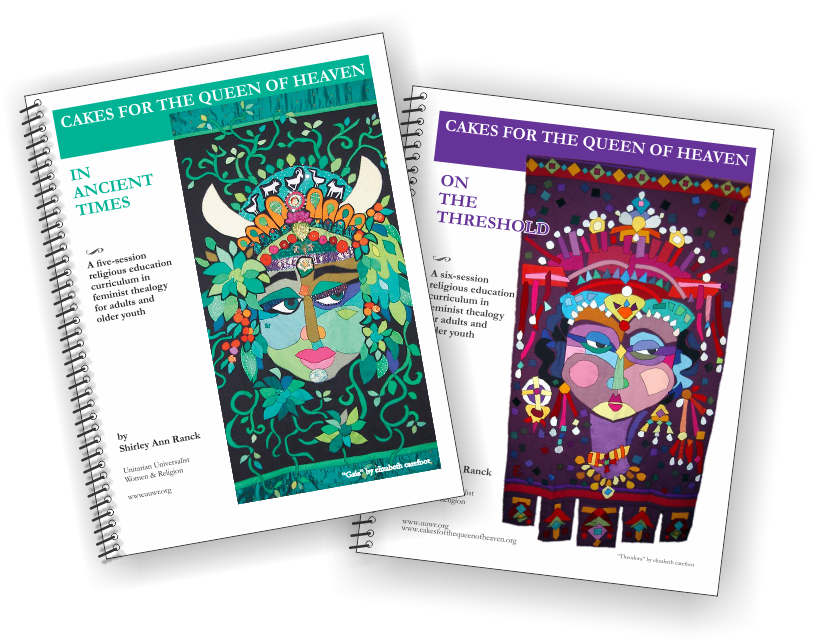BICENTENNIAL HIGHLIGHTS
The following report, with additions and edits by Communications Assistant Carla Gomez, was prepared by Bicentennial Coordinator Reverend Dorothy Emerson in order to recap the events which have already taken place as part of the Bicentennial Celebration. Look for more exciting upcoming events to add to your calendar at www.margaretfuller.org.
RECAP
The celebration of Margaret Fuller’s Bicentennial is now in full swing. We have held the first five of our series of Conversations. The programs have been publicized to all of you via our newsletters and web site, as well as through the Mass Humanities website, Facebook, and press releases. The traveling display, “Why Margaret Fuller Matters,” has been shown in twelve locations in Massachusetts, including four of the Conversations programs.
The first Conversation, “Why Margaret Fuller Matters,” was held at the Margaret Fuller Neighborhood House (her birthplace) on Saturday, May 15. As participants entered, they had an opportunity to see the traveling display in the library where Margaret read her first books. The group was welcomed by Barbara Kibler, executive director, who described the facilities and programs the House provides for the community today. The program was moderated by project director, Dorothy Emerson, who presented a biographical sketch of Margaret’s life, focusing on her life in that house, as well as her experiences as a youth and young adult growing up in Cambridge. The project's Humanities Scholar, Laurie Crumpacker, Professor of History at Simmons College, then spoke about Margaret Fuller’s work, especially her front page articles in the New York Tribune, of which she had brought samples for all to see. A lively discussion followed. Refreshments were provided by the co-sponsor, the Margaret Fuller Neighborhood House.
The second Conversation, “Margaret Fuller in Groton: Shaping a Life, Framing a Mind,” was held on Sunday, May 16, at the First Parish Unitarian Universalist Church in Groton, which co-hosted the event and provided refreshments. Rev. Elea Kemler welcomed the attendees and explained that this was the church attended by the Fuller family while they lived in Groton. The program was moderated by Dorothy Emerson, who began with a biographical sketch of Margaret Fuller’s life focusing on her time in Groton. Marcia Synnott, Professor of History at the University of South Carolina, spoke about the importance of Margaret’s work and ideas, and Fritz Fleischmann, Professor of English at Babson College, spoke about Margaret’s time in Europe and the significance of her reports to the American public published in the New York Tribune. Another lively discussion ensued.
The third Conversation, "Portraying Margaret Fuller and Friends Onstage," was held on June 19 at the First Church in Belmont, in conjunction with one of the evening productions of the play, “The Margaret Ghost.” The author of the play, Carole Braverman, had been scheduled to speak but was called away by a medical emergency. Instead, Dorothy Emerson read portions of the playwright’s essay, “Searching for Margaret Fuller: Dramatizing Literary History.” Elizabeth Hunter, director of Theatre@First, spoke about her experience of producing the play several years ago, and again this year, as part of the Bicentennial. Actor Andrea Humez shared her experience of portraying Margaret. This event was also a fund-raiser, with refreshments donated by Whole Foods and Trader Joe’s (Alewife stores).
The fourth Conversation was the memorial service Margaret Fuller never had. Held in Bigelow Chapel at Mount Auburn Cemetery on July 18, this “Celebration of the Life and Legacy of Sarah Margaret Fuller Ossoli” was co-sponsored by the cemetery, which provided refreshments and donated a wreath for the celebration. The program was conducted by the Rev. Rosemarie Smuzinski and featured remembrances by key friends of Fuller, who appeared in historical dress. Rob Velella researched and prepared the script based on what these people wrote about her. Wendell Refior appeared as Ralph Waldo Emerson, Richard Smith as Henry David Thoreau, Rob Velella as James Freeman Clarke, Dorothy Emerson as Elizabeth Peabody, and Deb Goss as Julia Ward Howe. A pilgrimage to the Fuller Family Lot followed the service. The wreath was laid there, and Jessica Lipnack invited participants to come forward, take a flower, lay it on the cenotaph (monument), and share reflections on what Margaret Fuller means to them today.
The fifth Conversation took place on August 19 at the Old Manse in Concord. The program featured a dramatic dialog between Margaret Fuller and Edgar Allen Poe, portrayed by Jessa Piaia and Rob Velella. The Trustees of Reservations held special tours of the Manse, led by the co-sponsors, focusing on Margaret’s visits to the house. The dramatic presentation was followed by a question and answer session, with time at the conclusion for refreshments and casual conversations with attendees, staff, and performers.
The programs have been a resounding success. Charles Capper, Fuller biographer, stated that this is the largest and most comprehensive bicentennial ever held for an American author.¹ We are grateful to Mass Humanities for supporting these programs as part of this amazing Bicentennial year.




